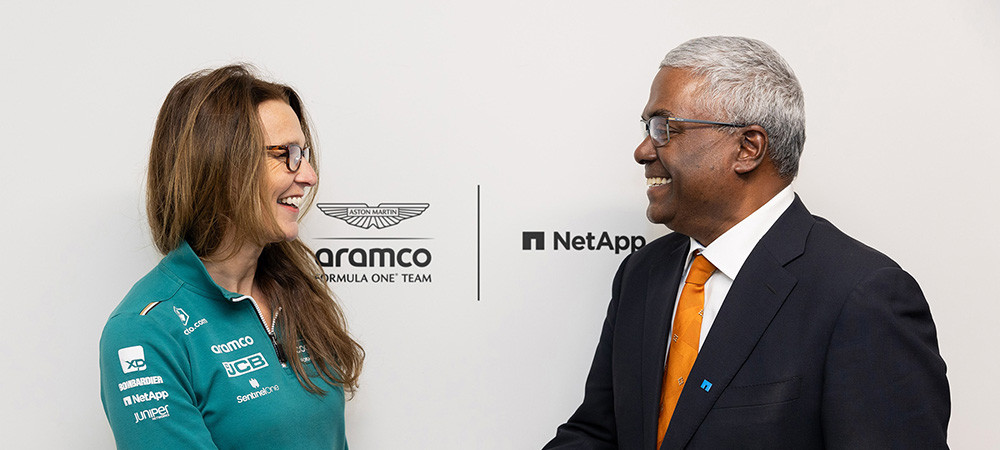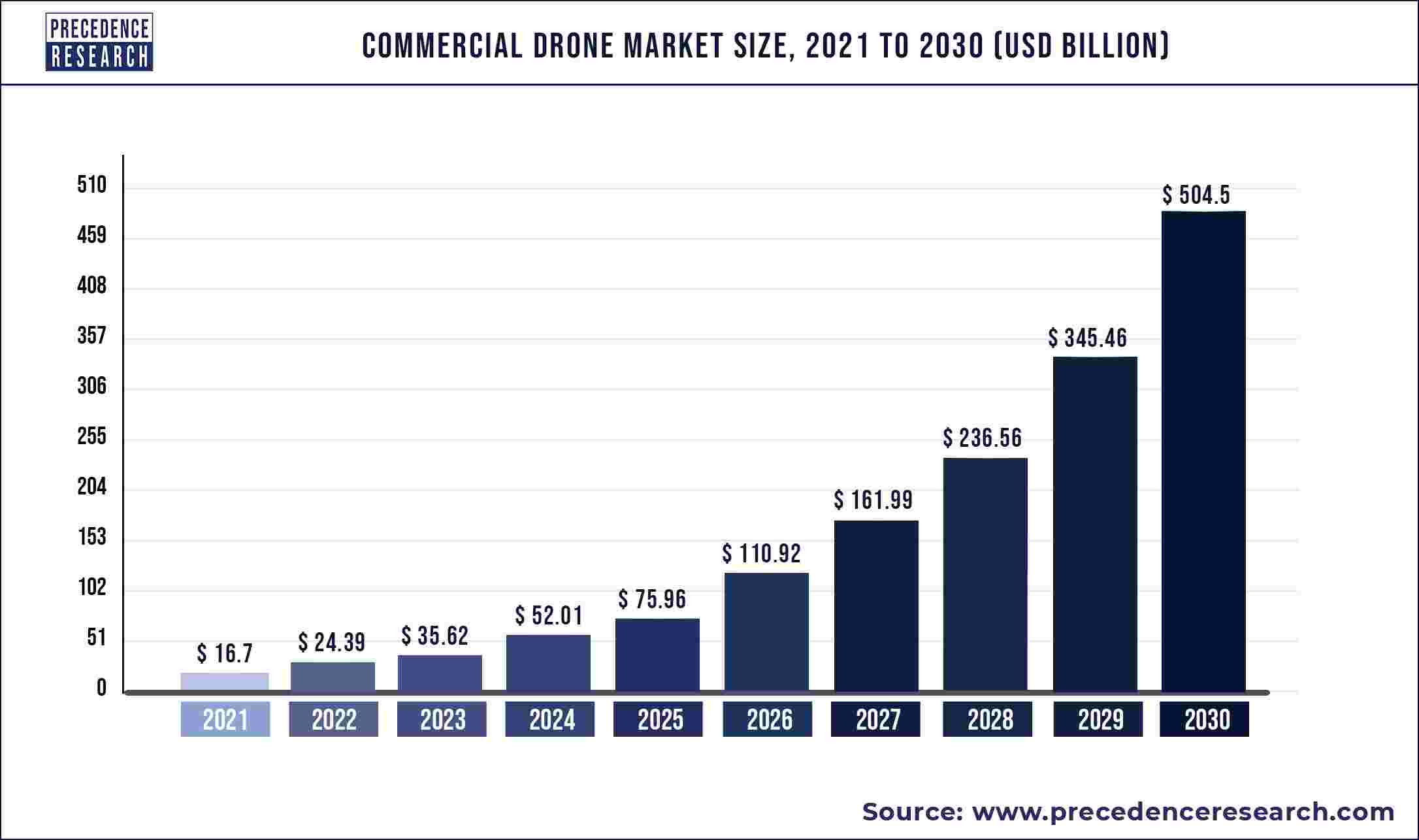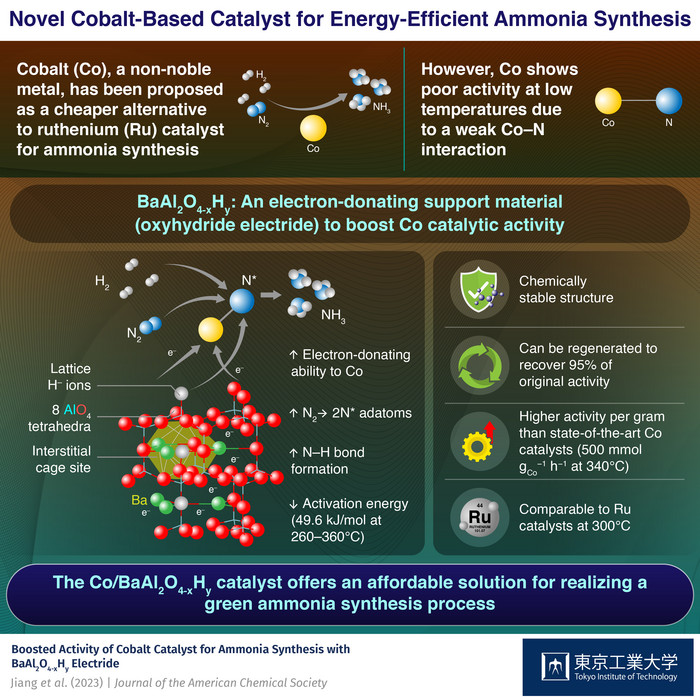In the high-octane world of Formula One, a new contender is emerging on the track: sustainability. In this episode of 'The Futurist', Ian Khan takes viewers through the intersection of cutting-edge data management and eco-friendly innovation. As Formula One looks to achieve net zero by 2030, teams are seeking ways of transforming their processes and becoming more sustainable, particularly as each Grand Prix generates terabytes of data.
The documentary reveals that by next year we will generate an estimated 175 zettabytes (1,000,000,000,000,000,000,000 bytes) of data annually. By 2030 we could create a Yottabyte (one, with 24 zeros) of data, which is equivalent to each person on Earth carrying approximately 500 iPhones. Today’s data centres are already consuming 2% of the world’s electricity, a figure that is expected to quadruple by 2030.
NetApp's collaboration with Aston Martin Aramco means the team are supported in storing, managing and protecting their data. Aston Martin Aramco CIO Clare Lansley: "The digital world is founded on data and lots of it. Analytics, machine learning and now, artificial intelligence, all require access to vast volumes of data but at the same time compute and storage consume a considerable amount of power. That's why teaming up with world-class partners like NetApp is proving a key enabler to achieving our sustainability goals, and giving us greater control over our data."
Data's Environmental Footprint
The documentary dives deep into the environmental footprint of data storage, highlighting the increasing need for more sustainable approaches. Ian Khan, host of The Futurist, emphasizes the scale of the challenge and the urgency for solutions: "It has been an educational experience to discover the sheer scale of the challenge when it comes to sustainable data storage and the urgency of a solution."
The Challenge of Single-Use Data
The challenge is further compounded by the increasing volume of single-use data. Today, 68% of stored data is never used again after being created, while it continues to consume energy. Examples of single use data inside businesses include the Powerpoint presentation that was used once but never again, spreadsheets, word documents and recorded telephone conversations.
Turning Data into a Solution
However, the documentary also explores ways to turn the problem of data into a solution. Matt Watts, Chief Technology Evangelist at NetApp, emphasizes the crucial role of intelligent data infrastructure in the sustainability transition: "The environmental impact of data storage must be higher on any organisation’s sustainability agenda and I’m proud to have participated in the Sustainable Future to raise awareness about this critical issue."
Data can provide insights for an organisation that can help it become more energy efficient, or identify emission hotspots to prioritise. Providing an analysis of the type of data being stored can help businesses make informed decisions about which data is important to retain and how it can be managed efficiently. With NetApp’s intelligent data infrastructure in place, Aston Martin F1 team has the capability to optimise the energy costs of data storage.
Aston Martin Aramco's Sustainable Initiatives
Aston Martin Aramco is not only embracing sustainable data practices but also integrating sustainability into all aspects of its operations. The AMR Technology Campus, the team's purpose-built F1 facility, is a prime example of this commitment. Designed with sustainability at its core, the campus features smart energy, smart insulation and solar panels.
NetApp's technology is embedded within the Aston Martin Aramco F1 garage, with devices not only used at track but also across the AMR Technology Campus, including the wind tunnel facilities. The devices travel to races alongside the cars, and without them, the cars cannot run. The devices NetApp deploys to races function like mini data centres, and fewer devices being shipped means there's a reduction in carbon footprint. Furthermore, these devices can be managed remotely, meaning the carbon footprint of the team is further reduced since engineers can manage them from the UK instead of travelling to races.
A Partnership for Sustainability
Aston Martin Aramco's commitment to sustainability is evident in their partnership with NetApp. By leveraging NetApp's intelligent data infrastructure, the team can optimize energy costs, leverage insights for performance improvements, and contribute to their overall sustainability goals.
The collaboration between Aston Martin Aramco and NetApp is a testament to the growing recognition of the importance of sustainable data practices within the Formula One world. As the sport continues to push for a more sustainable future, partnerships like these will play a crucial role in driving positive change.
The Future of Data and Sustainability
As technology continues to evolve and data volumes increase, the need for sustainable data practices will only become more urgent. The insights from 'The Sustainable Future' highlight the crucial role that companies like NetApp play in empowering businesses to use data responsibly while minimizing their environmental impact. By embracing sustainable data practices, organizations can not only contribute to a greener future but also gain a competitive advantage by unlocking the full potential of their data.


















